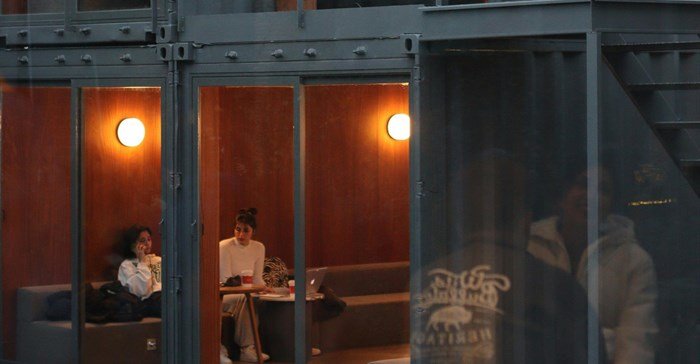Modular construction solutions offer fast, cost-effective, and customisable spaces for South African businesses, making them a compelling alternative to traditional construction. Businesses can choose from options like converted containers, cabins, and flexible modular units, each meeting diverse needs. The main benefit is that modular solutions greatly reduce construction time by being tailored to specific requirements, ensuring quick deployment.

Source: Dilara Ayvazoglu/Pexels
Modular units are manufactured in a controlled fabrication environment, which ensures a higher quality standard for the final product.
This also guarantees minimal site disruptions, thus, promoting a safer working environment, which is critical in the South African business environment.
They are also easy to relocate, which is a significant benefit for businesses that may need to move.
Instead of constructing new buildings, companies can simply relocate their existing structures, providing flexibility and cost savings.
Specific applications
Different types of modular units are suited to specific types of applications, catering to the unique needs of various industries.
For instance, converted containers serve as instant, ready-to-use smart offices that are cost-effective, secure, and durable.
These units come with pre-installed furnishings in various configurations, allowing for immediate occupancy.
Converted containers are well suited to the mining and construction sectors, where robust and easily movable units are essential.
They offer quick deployment and usually serve as mobile site offices or storage units, especially in locations where there are little or no siting requirements.
Cabin benefits
Cabins, on the other hand, are relocatable, aesthetically pleasing prefabricated units that are easy to transport and quickly deployable.
These versatile spaces are ideal for use as site offices, overflow classrooms, or other versatile spaces where medium to long-term solutions are required.
Cabins cater for small to medium-sized offices and are more flexible than converted containers, typically utilised in the industrial and education sectors.
For example, schools often find that learner numbers exceed available space.
Cabins can be built and configured to accommodate the required number of students, meeting school-specific demand.
Scalability
Flexible modular units represent a leading modular solution that offers configuration that is highly flexible and scalable.

These units can be configured to meet current and future space requirements, with a spacious 2.53m ceiling height and a range of sizes from 3x3m to any configuration, such as 3x6m, 3x9m, 6x12m and so on.
These units are factory-manufactured and delivered fully complete, minimising on-site disruption.
Vertically stackable modular units usually cater for mega-sized offices and are much more flexible in their design and construction compared to converted containers and cabins.
These units can be easily customisable to meet the unique design and configuration requirements of any customer.
They can be vertically stacked to create two or three-storey structures, maximising space efficiency.
Success stories
Modular solutions have been successfully implemented across various sectors in South Africa, including the education sector, where this construction method has gained significant traction.
Some of the country’s top private schools have deployed multiple modular classroom configurations across various campuses.
In the construction and industrial sectors, modular units are also widely used as site offices and contractors’ camp solutions.
Beyond their practical benefits, modular construction also offers significant cost savings, especially associated with the speed of construction compared to traditional construction methods.
For example, this allows for early occupation of buildings and ensures that businesses can expedite their operations, which in turn will add value.
Rapid deployment
As the construction industry continues to evolve, embracing modular construction could be key to meeting the growing demands for sustainable, efficient, and high-quality buildings.
Ultimately, modular construction represents a transformative approach that allows South African businesses to access fast, cost-effective, and customisable space solutions that are both versatile and durable.










